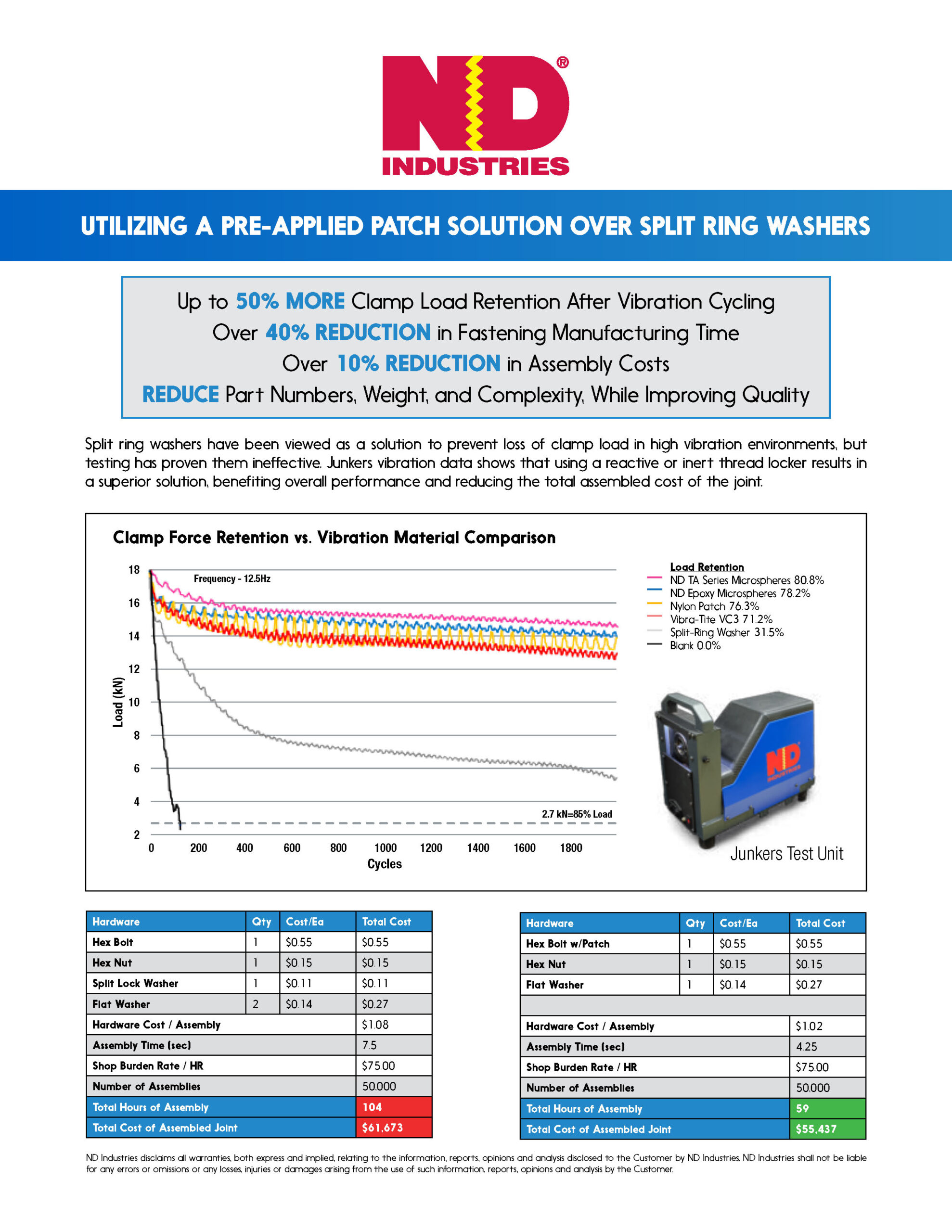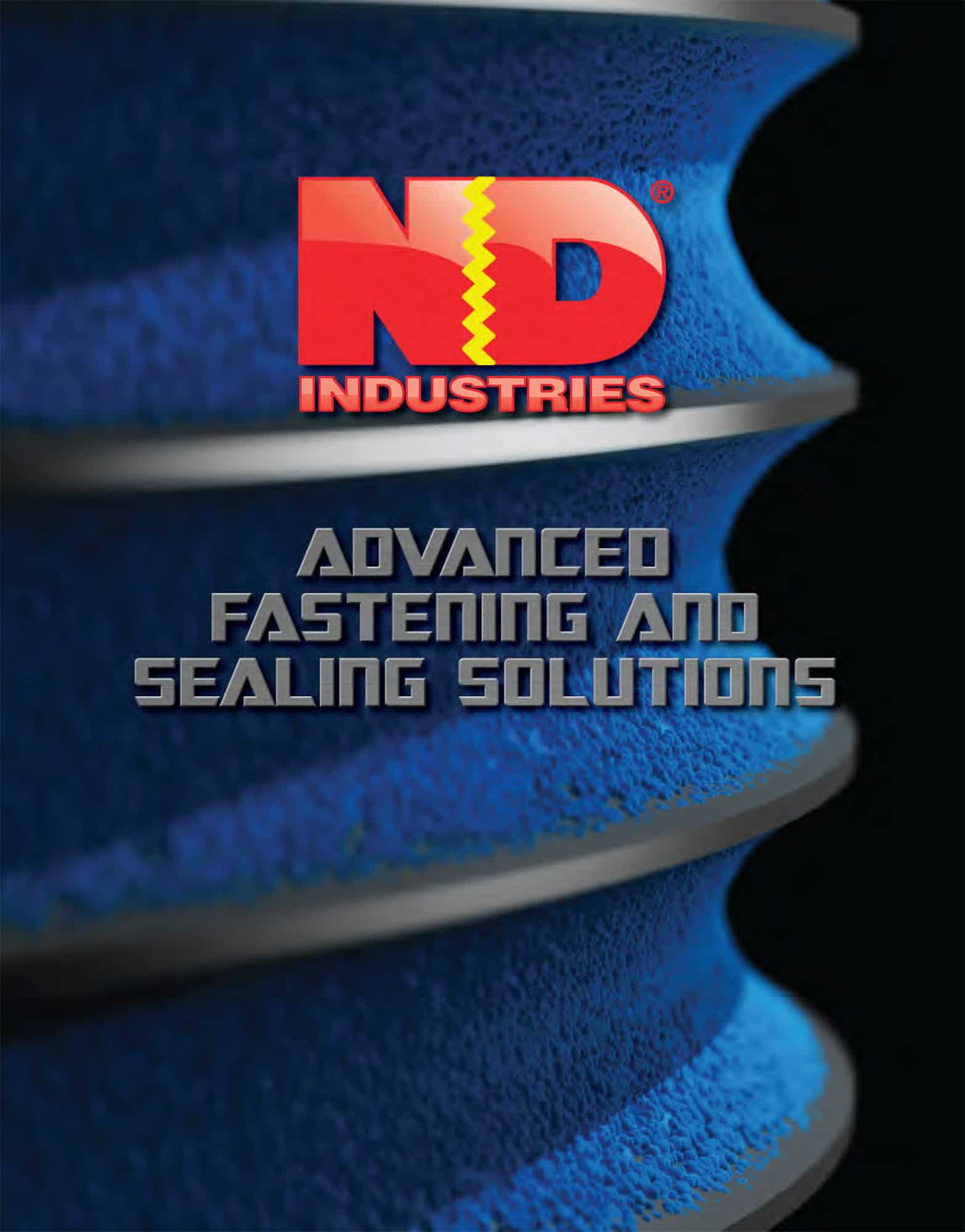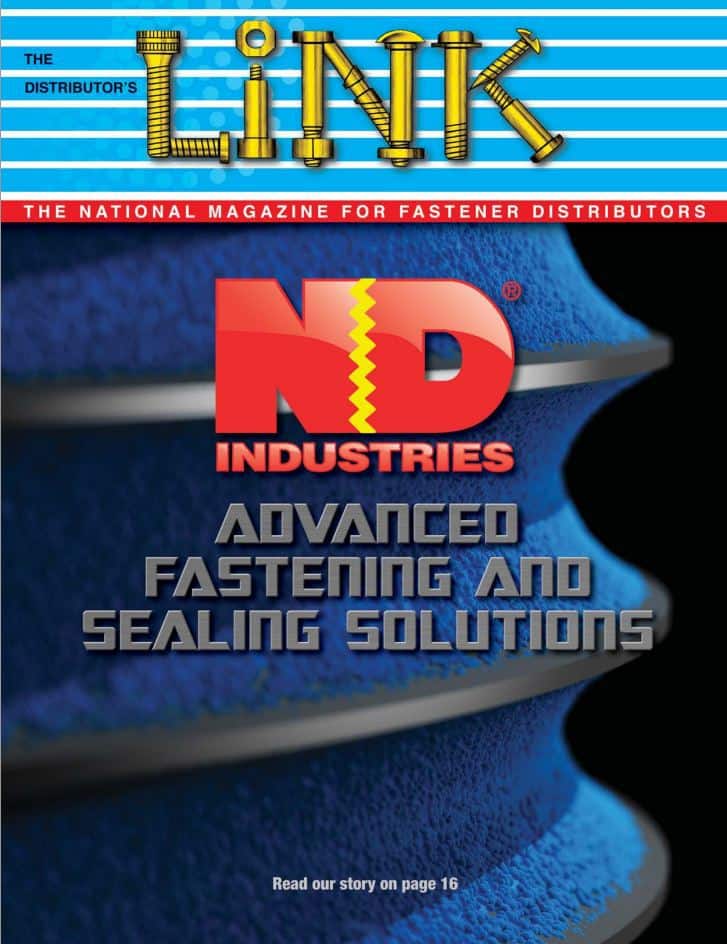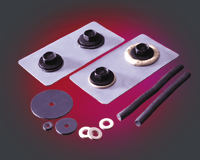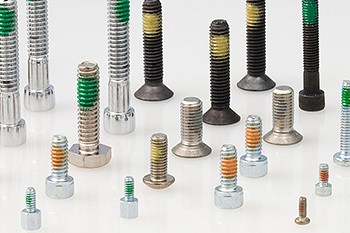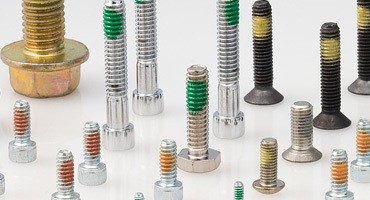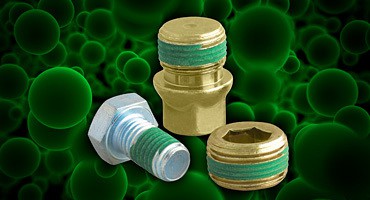Split Ring Lock Washer vs Pre-Applied Threadlocker
UTILIZING A PRE-APPLIED PATCH SOLUTION OVER SPLIT RING WASHERS Up to 50% MORE Clamp Load Retention After Vibration Cycling Over 40% REDUCTION in Fastening Manufacturing Time Over 10% REDUCTION in Assembly Costs REDUCE Part Numbers, Weight, and Complexity, While Improving Quality Split ring washers have been...
Read MoreRead More

